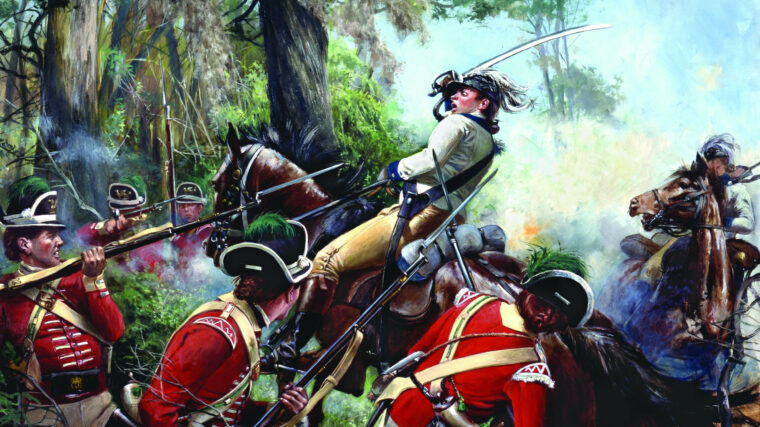
british military history
Slugfest at Eutaw Springs
By John PezzolaIn the early morning hours of September 8, 1781, drums rolled and fifes played in Maj. Gen. Nathanael Greene’s camp in the High Hills of southeastern South Carolina. Read more

british military history
In the early morning hours of September 8, 1781, drums rolled and fifes played in Maj. Gen. Nathanael Greene’s camp in the High Hills of southeastern South Carolina. Read more
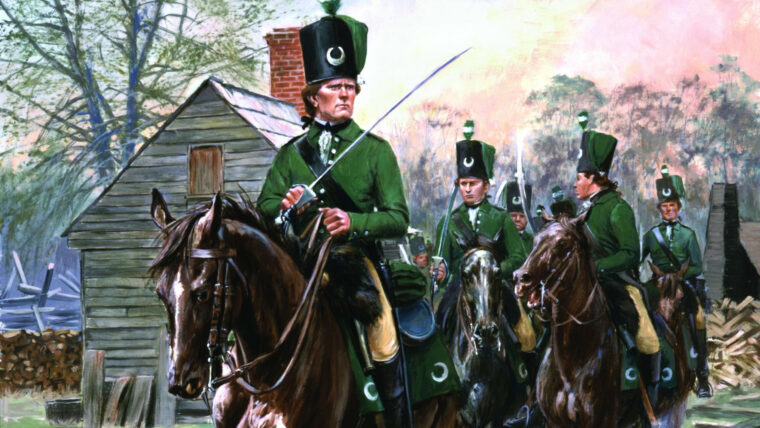
british military history
British Army officer John Graves Simcoe wanted to command a corps of irregular troops. He believed that there were opportunities in “the service of a partisan” that taught a man habits of self-dependence and prompt decision making rarely found in the duties of a subordinate officer. Read more
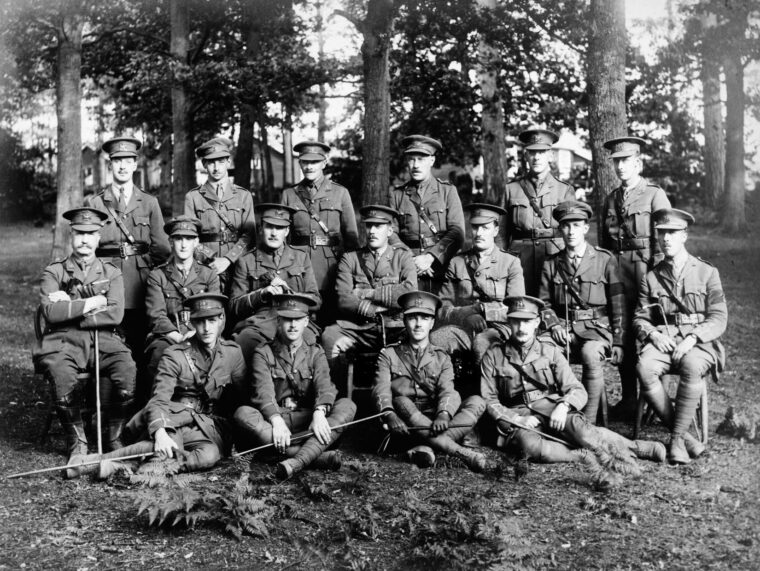
british military history
When news began to circulate through the city of Bordeaux, France, in August 1914 that war had broken out with Germany, 21-year-old Englishman Wilfred Owen was as surprised as most. Read more
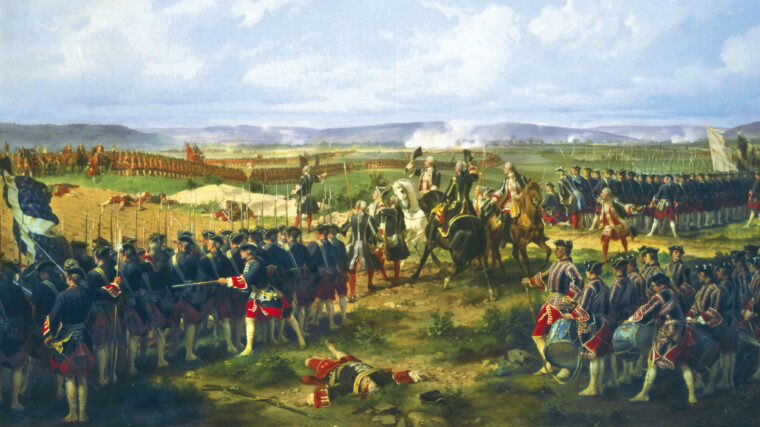
british military history
On the snowy field of Mollwitz, Poland, on April 10, 1741, newly installed King Frederick II of Prussia faced a formidable army of Austria. Read more
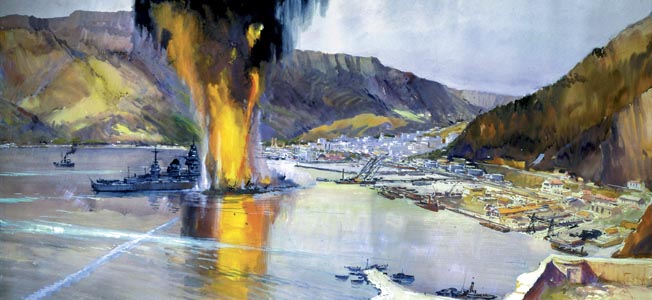
british military history
When the armistice between France and Germany was put into force on June 25, 1940, the fate of the powerful French Navy—the fourth largest in the world—was of critical importance to the British. Read more
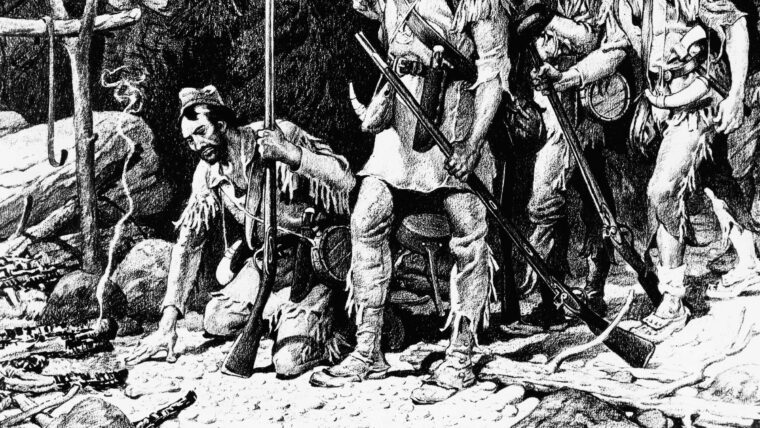
british military history
On the evening of September 13, 1759, Major Robert Rogers and 220 hand-picked rangers climbed into 17 whaleboats and rowed across the placid waters of Lake Champlain. Read more
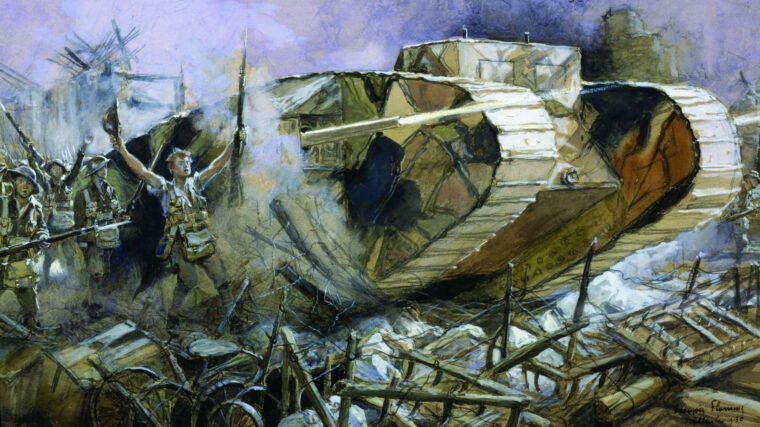
british military history
British Brig. Gen. Hugh Elles walked past the Mark IV tanks of H Company, a solitary figure amid metal monsters that looked, according to one jaundiced observer, like giant toads. Read more
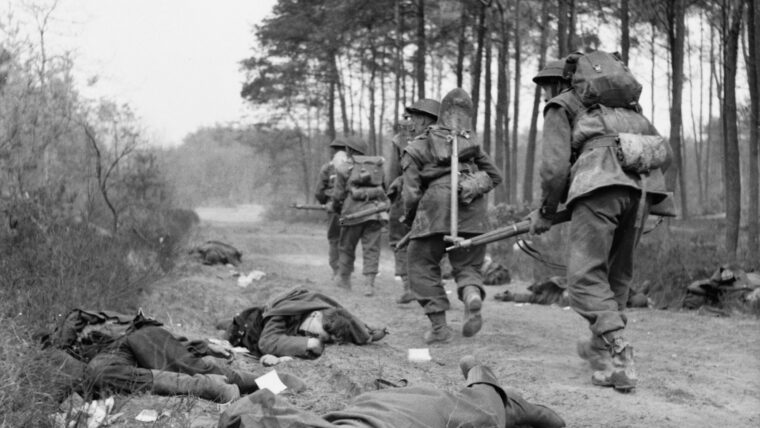
british military history
“I am busy getting ready for the next battle,” Field Marshal Sir Bernard Law Montgomery wrote his son David in early March 1945. Read more
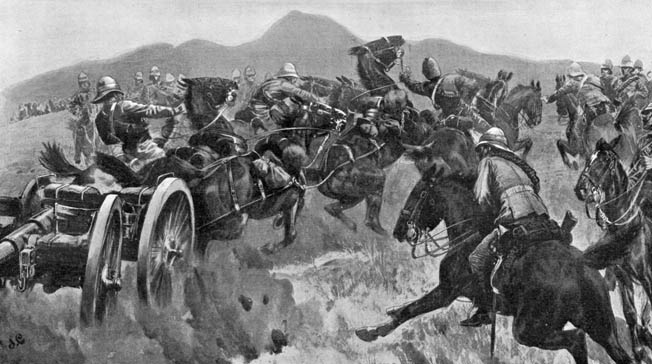
british military history
In the aftermath of the failed attempt by Dr. Leander Starr Jameson and his 600 horseman to overthrow the Traansvaal Republic’s government in January 1896, the Boers in both republics embarked on a spending spree to arm all able-bodied burghers with state-of-the-art rifles. Read more
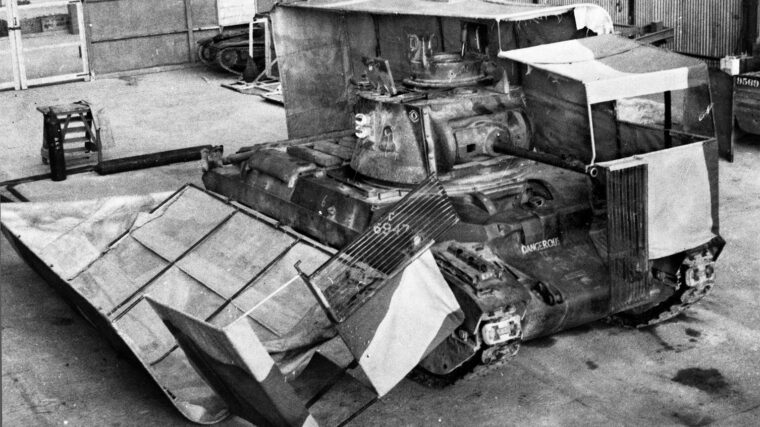
british military history
In July 1939, Archibald Wavell was named General Officer Commanding-in-Chief (GOC-in-C) of Middle East Command with the rank of full general in the British Army. Read more
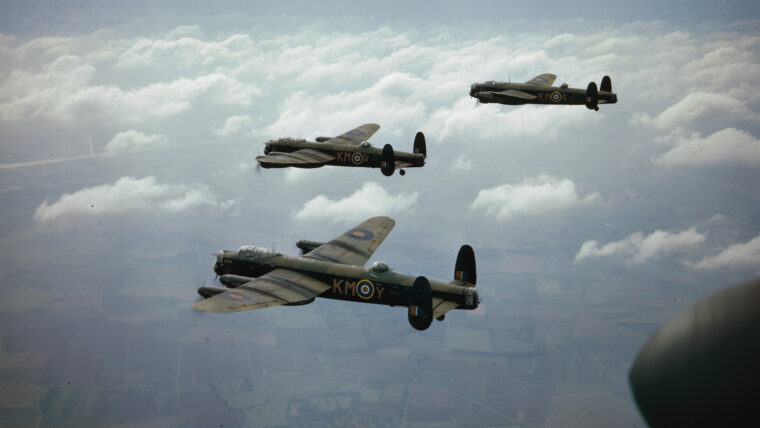
british military history
In the spring of 1942, the Allies were hard pressed battling German U-boats in the Atlantic as Britain was struggling to feed its people. Read more
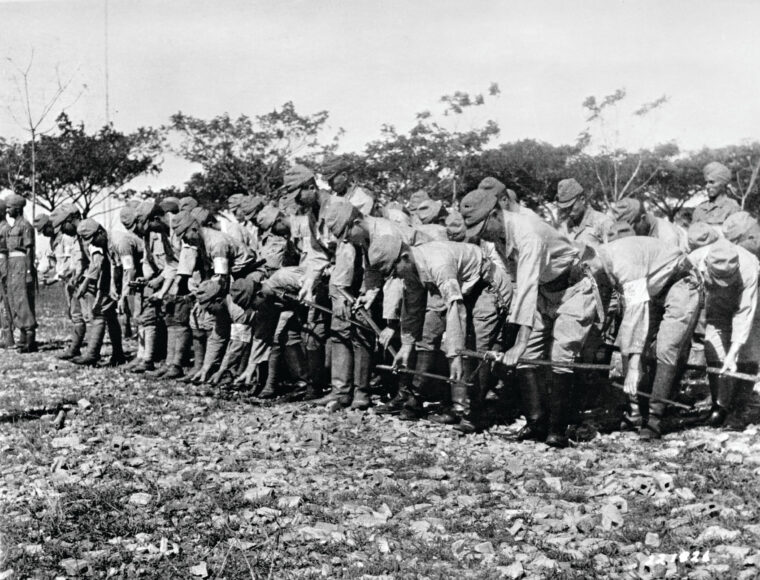
british military history
In the late 18th century, the French established Catholic missions in Indochina, and until the 1820s they enjoyed local protection, but after that persecution began and increased steadily, particularly under Emperor Tu-Duc, who reigned from 1847 to 1883 and wanted to stamp out Christianity. Read more
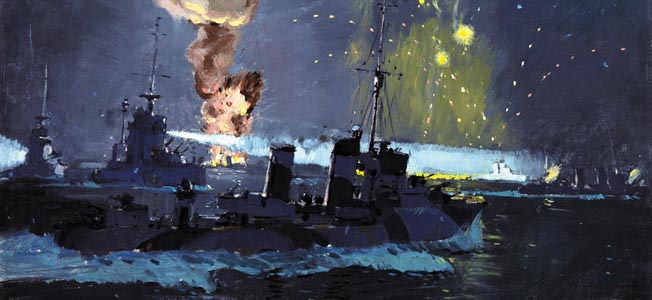
british military history
No class of ship in World War II saw more service than the destroyers of the Royal Navy. Read more
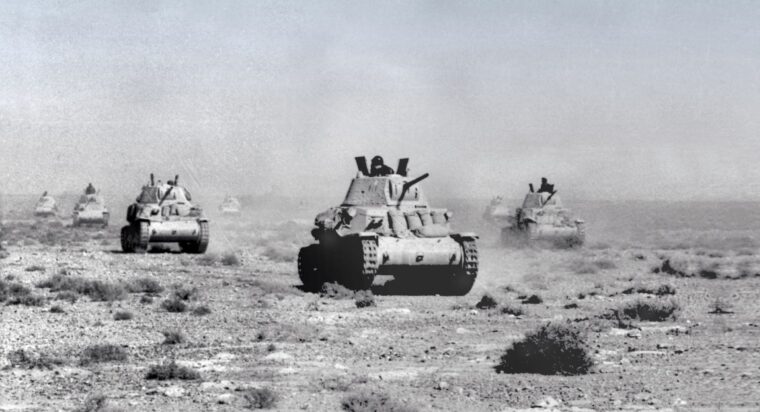
british military history
February 1941 saw the fortunes of war favor the British in the North African wasteland of Cyrenaica (modern Libya). Read more

british military history
Pauline Hayton was 52 years old before her father, Norman Wickman, talked about his life in the British Army, and what happened in Dunkirk as he saw it. Read more
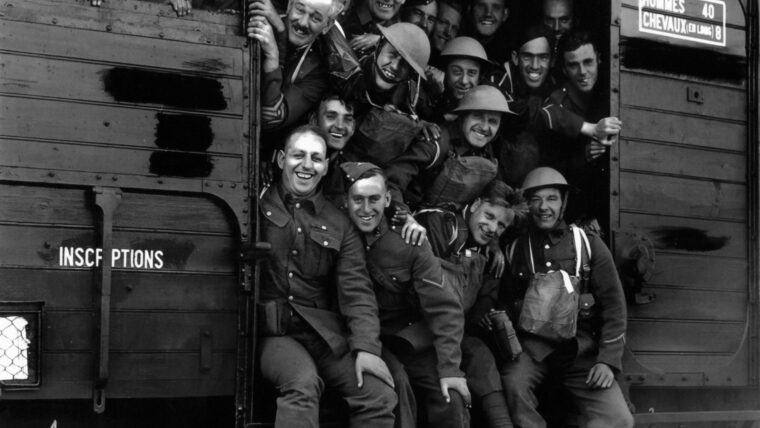
british military history
Lord John Vereker, 6th Viscount Gort, Commander in Chief of the British Expeditionary Force (BEF) in France in 1940, and his chief of staff, General Henry Pownall, have both been forever associated with the British Army’s greatest continental defeat; namely, the retreat through Flanders and eventual evacuation from the harbor and beaches of Dunkirk in May and June, after being engaged with the invading German Wehrmacht for only three weeks. Read more
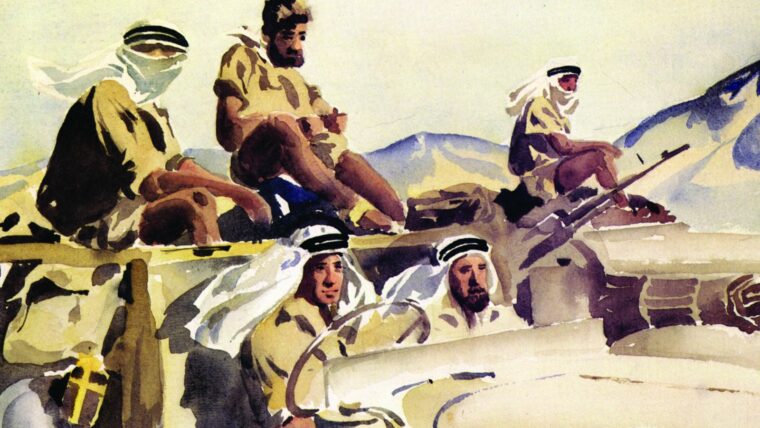
british military history
“The problem,” a member said, “is to make yourself so much master over the appalling difficulties of nature—heat, thirst, cold, rain, fatigue—that, overcoming these you yet have physical energy and mental resilience to deal with the greater object, the winning of the war.” Read more
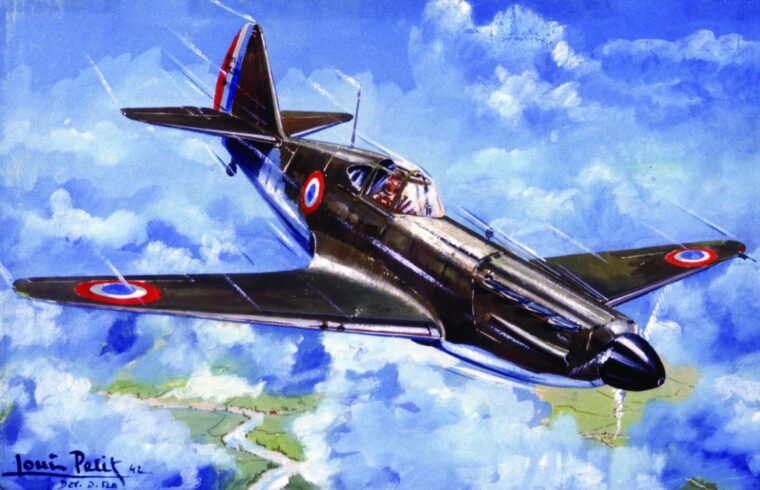
british military history
In the annals of World War II, one of the most famous airplanes is the British-developed Supermarine Spitfire, an agile, elliptical-wing fighter that has become synonymous with the Royal Air Force victory in the Battle of Britain. Read more
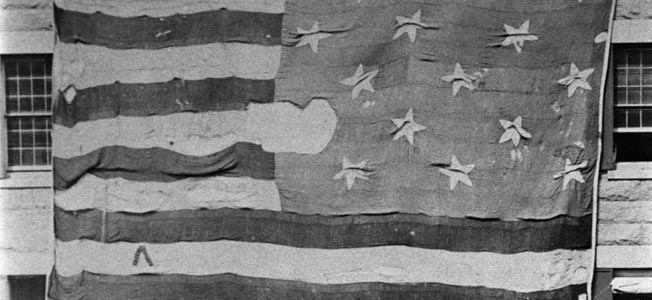
british military history
Lawyer, poet, and Maryland militiaman Francis Scott Key (1779-1843) was born in Frederick County, Md. He graduated from St. Read more
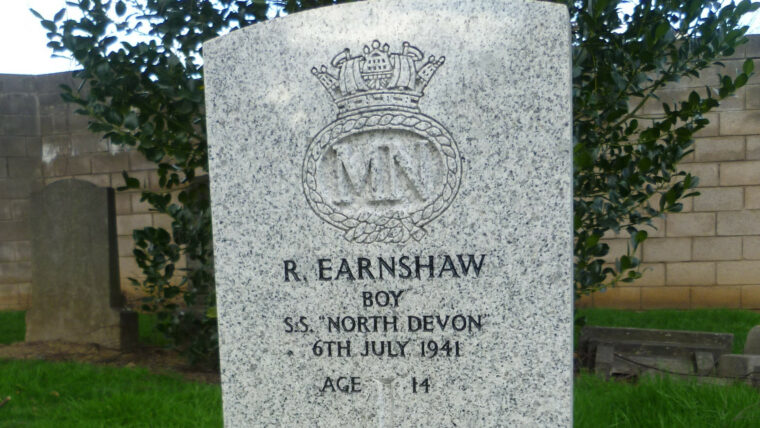
british military history
Duty in the British Merchant Navy was hazardous during World War II. Braving the stormy Atlantic, the expanse of the Pacific, and the daily rigors of life aboard ship were challenging enough during peacetime; however, during the dark days of the war a determined enemy, bent on bringing the island nation and its far-flung empire to their knees, unleashed a vicious campaign against Britain’s merchant lifeline. Read more